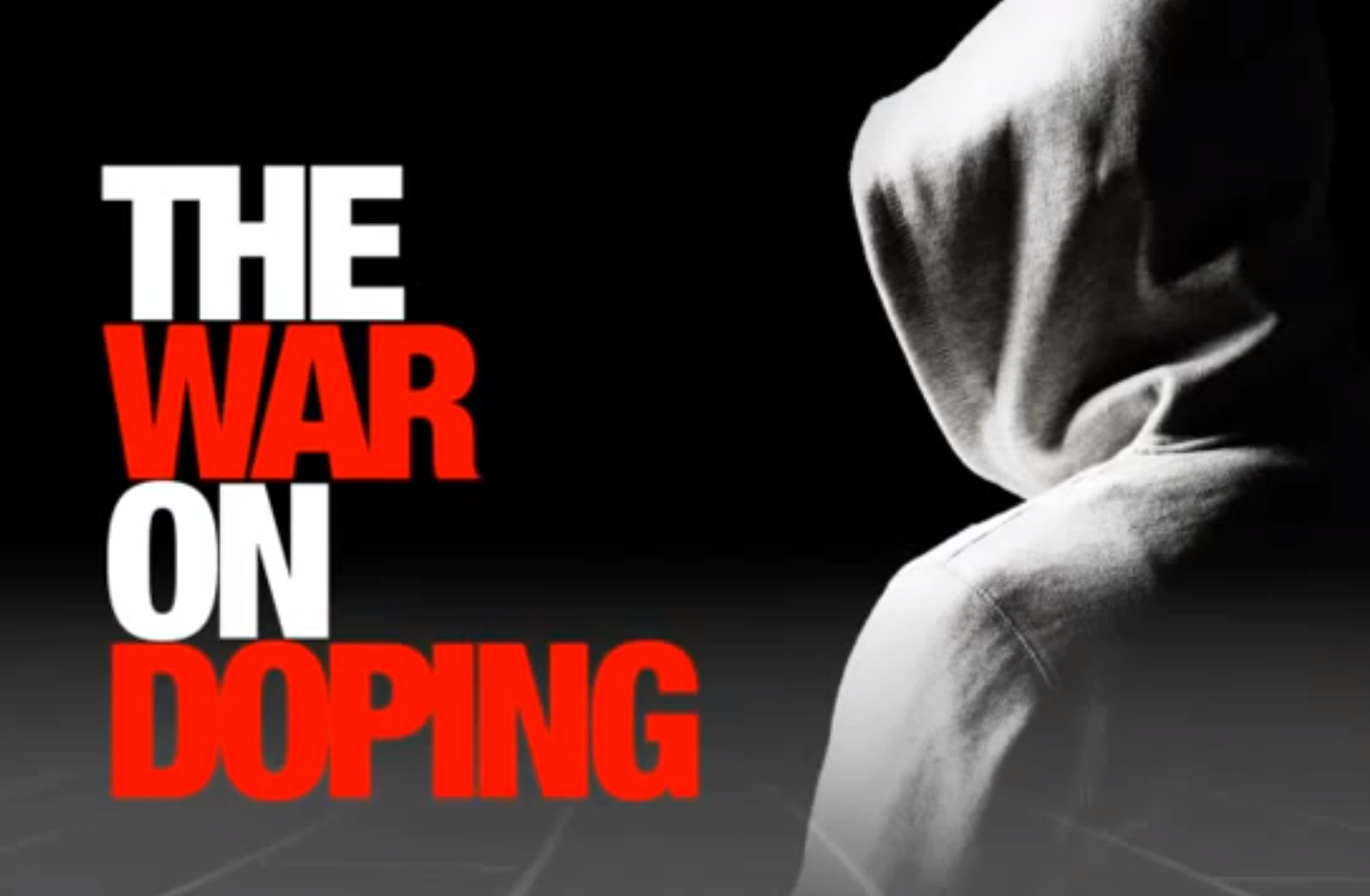This month, I have written an essay for Routledge publishers, introducing a theme for their journals focused on doping and cycling. Here's a video primer for the essay and the video's transcript, produced by Routledge:
Hello, my name is Andy Miah and I’m a Professor of Ethics and Emerging Technologies at the University of the West of Scotland, where I direct the Creative Futures Institute. This video is in relation to an essay I’ve written for Taylor & Francis the publishers, who this month are publishing an edition on sport that’s focused particularly on doping and cycling in line with the Tour de France that’s happening in the next few weeks.
Within this thematic month, a range of articles are published that deal with the history and the politics, the sociology, the science and technology of doping, and it’s been an interesting process to read some of the backlog of articles within the publisher for the last four years. The research is just enormous in this area. Doping is perhaps one of the central issues for the world of sport today; it has been for quite a long time. But these essays reveal, really, just how far the research has come, and how much more there is left to do. Philosophers are still debating the definition of doping. We’re still figuring out what this means, and that becomes harder as the technology evolves too: would surgical implants constitute as doping, would laser eye surgery be included? What sorts of things are athletes likely to do that are going to change that definition? At the same time, how is society going to develop its relation to body modification and enhancement? In a way that changes that as well. So these are quite challenging issues, not just for sport but for society too. And yet doping’s still one of those topics where people aren’t sure how much is going on. How big a problem is this for the world of sport? How much of it is a public health problem too? So many of the articles grapple with the complexity of this, given the vast uncertainty of really what’s taking place, and there are considerable differences of opinions about how bad that is.
Now, the Tour de France has always been rife with discussions about doping. One of the essays reminds us of the 1998 sit down where riders protested the police raids on the Festina team by sitting down in the middle of the 17th leg just, I think, in complete dismay at the way cyclists are treated. For me one of the key issues has always been how athletes give up their privileges just for sport: freedom of movement, physical privacy is lost in the pursuit of drug testers and dopers, and one of the questions that arises from this is how far we’re prepared to go to test people for drugs and doping. Now you might say ‘we’ll go as far as we need to – we need to make sure there’s a level playing field and competitors are playing in the same sort of way’, but we’re already testing kids in high schools. How far do we test people before we start to think ‘this has just gone too far – we need another strategy’. So many of these articles do grapple with that complexity, and reveal to us just how far the anti-doping authorities still have to go to really address this issue.
They’ve got a tough job ahead of them. I think the biggest problem they face is that the world’s moving on too – it’s not just a question of what’s happening in sport anymore. We live in a world where, twenty years ago, people were up in arms about GM products - today people are less concerned about that – so there’s a sense in which technologies that are new, that are controversial, become accepted or more acceptable. In a world where we have genetic screening, pre-implantation genetic diagnosis, ways in which we are tampering with biology before day 1, before birth, then what sense will there really be of having a policy that tries to protect people from enhancement, or to ensure some natural playing field where athletes compete? I think this has really got to go back to basics and really think about what sports are all about. We care about seeing extraordinary performances, we put athletes in a position where they have to use technology to do this – in fact, many sports are constituted by technology; they wouldn’t make sense without them – so we can’t just quibble over the details as to which technologies we like and which we don’t. But aside from that, we get lost in the concerns about harm and the risk to health and so on, which have been part of the history of the doping debate and its broader contextualization within the doping war.
So I think when we consider where this might go, where all this research may take us, a number of the articles point to the fact that this intractable problem is only likely to get worse. So we need to rethink the problem. We need to rethink our approach to the problem, and consider what other strategies there might be to level the playing field, or create a kind of level playing field that we value. If that means allowing everyone access to everything, that might be a better solution. That doesn’t mean we need to encourage people to take ridiculous risks with their health, but we perhaps monitor the health risks of performance-enhancing technologies; we set up a world pro-doping agency as well as the world anti-doping agency, the responsibility of which will be to invest into safer technologies, allow athletes access to safer, more informed ways of performance-enhancing for their sports. If we do that, then yes, some athletes may get harmed anyway, but they may get harmed less, and that seems to be a better situation. So enjoy the articles, enjoy reading just how far this body of research has come in 40 years and how much more difficult the problem is today than it was back then. Thanks very much.


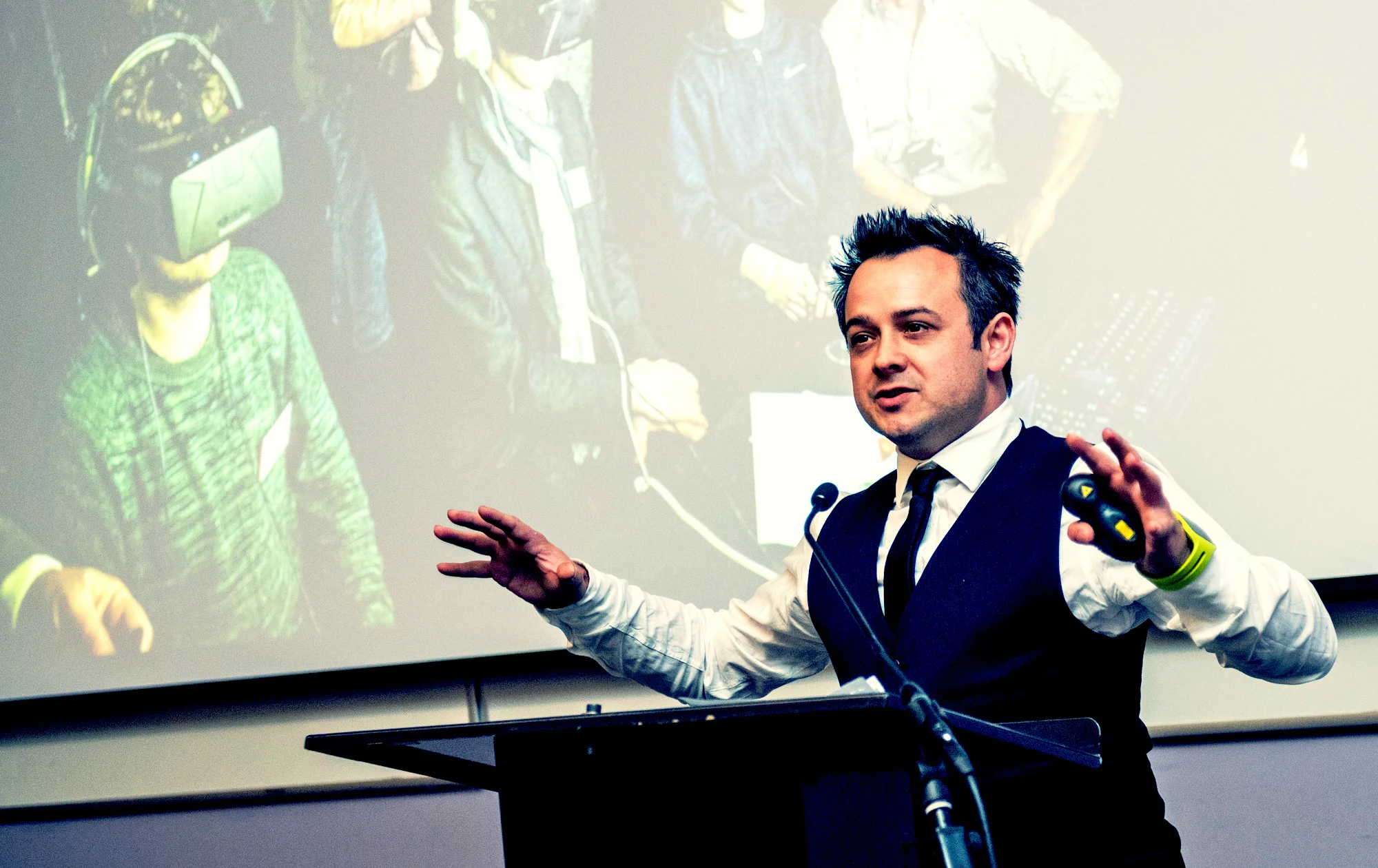


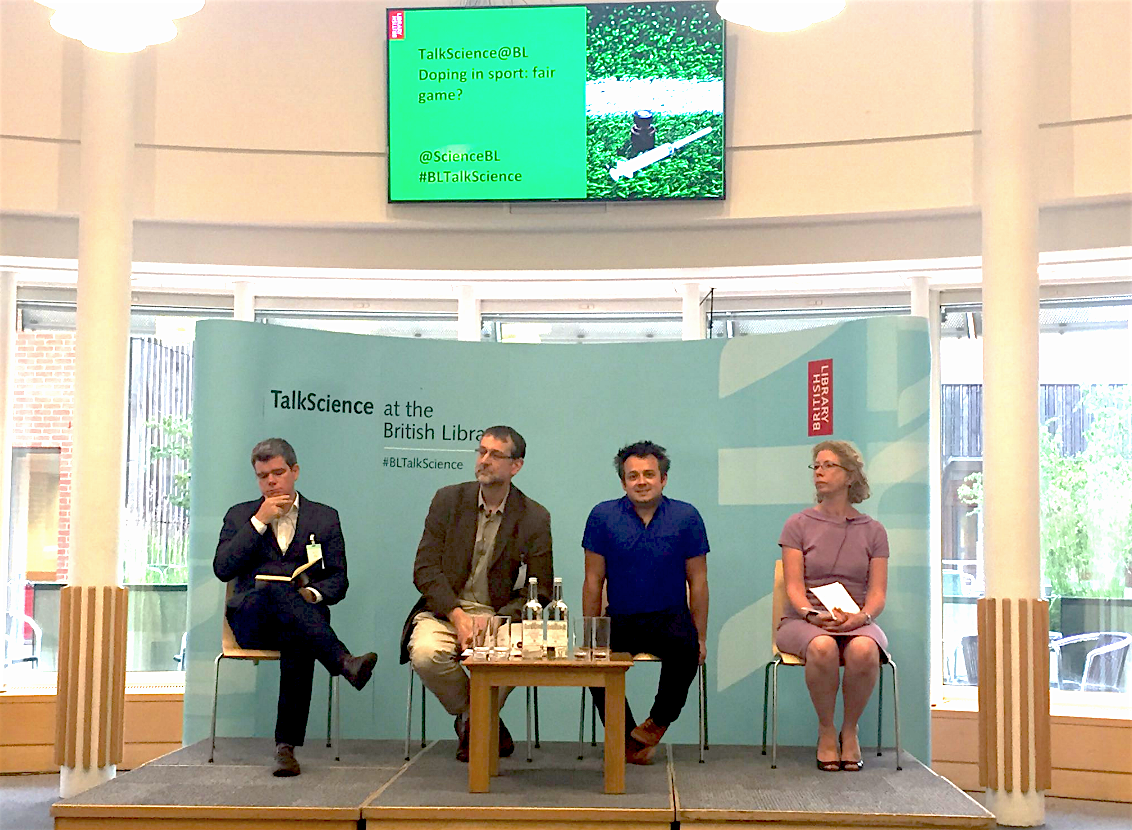

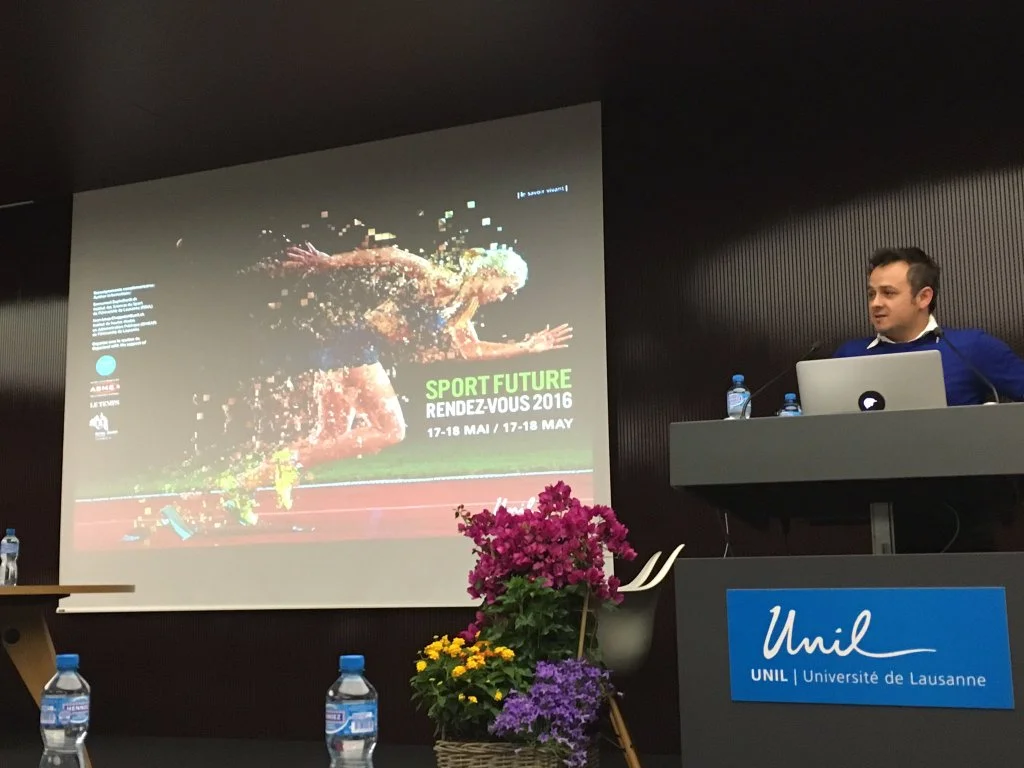


![Doping & Cycling: Scrutinising the most superhuman sport [VIDEO]](https://images.squarespace-cdn.com/content/v1/563face7e4b06c325c739ba9/1447019579383-EYUHAWVC4BZHDCJOTIKZ/image-asset.png)











